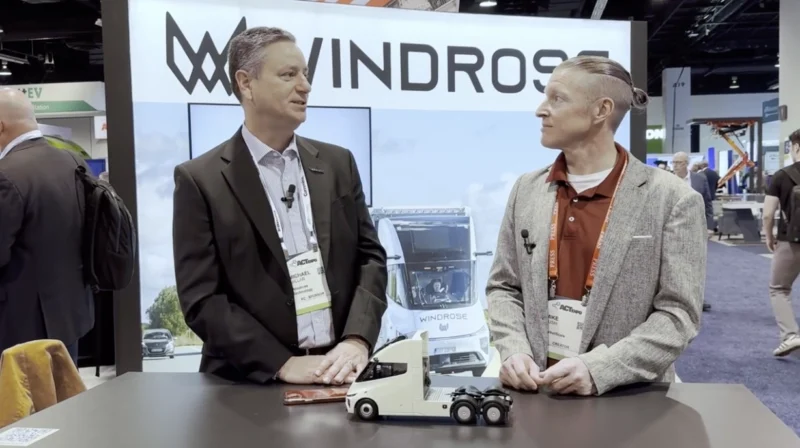Electric Vehicles Impact on Tire Design
Tire Design Evolves as Electric Vehicles take a Larger Share of the Road
The increasing popularity of electric cars has largely been driven by environmental concerns, but the impacts of electric vehicles reach further than reducing carbon emissions. As the differences between electric and gasoline-powered cars become more evident, the automotive industry must adjust to support these new demands. One major area of research and development is in the tire industry.
Tire design and manufacturing has evolved along with the automobile over the decades and the electric vehicle phenomenon is another step in this journey. There are questions that must be answered. Will electric vehicles impact the tire market? Is the tire wear different? Will new specialty tires be in demand?
The Tire Design Challenge
Electric car design is largely geared toward optimizing vehicle range on a single charge. The tire design must also support this goal while also delivering high performance and a long lifecycle. With over 200 variables involved in tire design, including tread design, material selection, manufacturing process, construction, and sidewall design, this is no easy task.
Tires are a critical component to overall electric vehicle performance. Differences in torque, mass, size, and rolling resistance each have a noticeable effect on the tire function and longevity. This is quite apparent in high-performance electric vehicles, such as Teslas, which can wear out a set of tires in just 8,000-12,000 miles if driven hard.
A New Direction for Tire Development
“Historically, the tire industry has created tires with either high performance or low rolling resistance, requiring customers to make the trade-off for range or grip,” says a representative of Tesla Inc. In general, tires with harder rubber last longer and have an extended range but lack the stickiness that is desirable for high performance tires. Tesla aims to “break down this historic compromise” and offer tires that maximize performance as well as range and comfort.
Michelin’s R&D team has been working tirelessly to deliver tires optimized for electric vehicles. Making tires for about 45 percent of the electric vehicles produced in the United States, Michelin dedicates much of its track time to electric vehicles. The effort has paid off as Michelin has made numerous advancements including improving rolling resistance performance for electric vehicle tires.
Electric vehicles are freeing drivers from the dependence on gasoline. These technologically advanced cars offer drivers a clean and comfortable ride, but tire wear is a major concern. Without the proper tire, this smooth ride could be cut short.
At Bartell, we provide cutting-edge solutions for the tire and rubber industry. Helping build more efficient, effective and safer tires for a wide range of vehicles including the newest EVs, Bartell continues to improve manufacturing by delivering enhanced technologies.
Click here to learn about our equipment for manufacturers in the tire and rubber industry!
Read more at bartellmachinery.com









